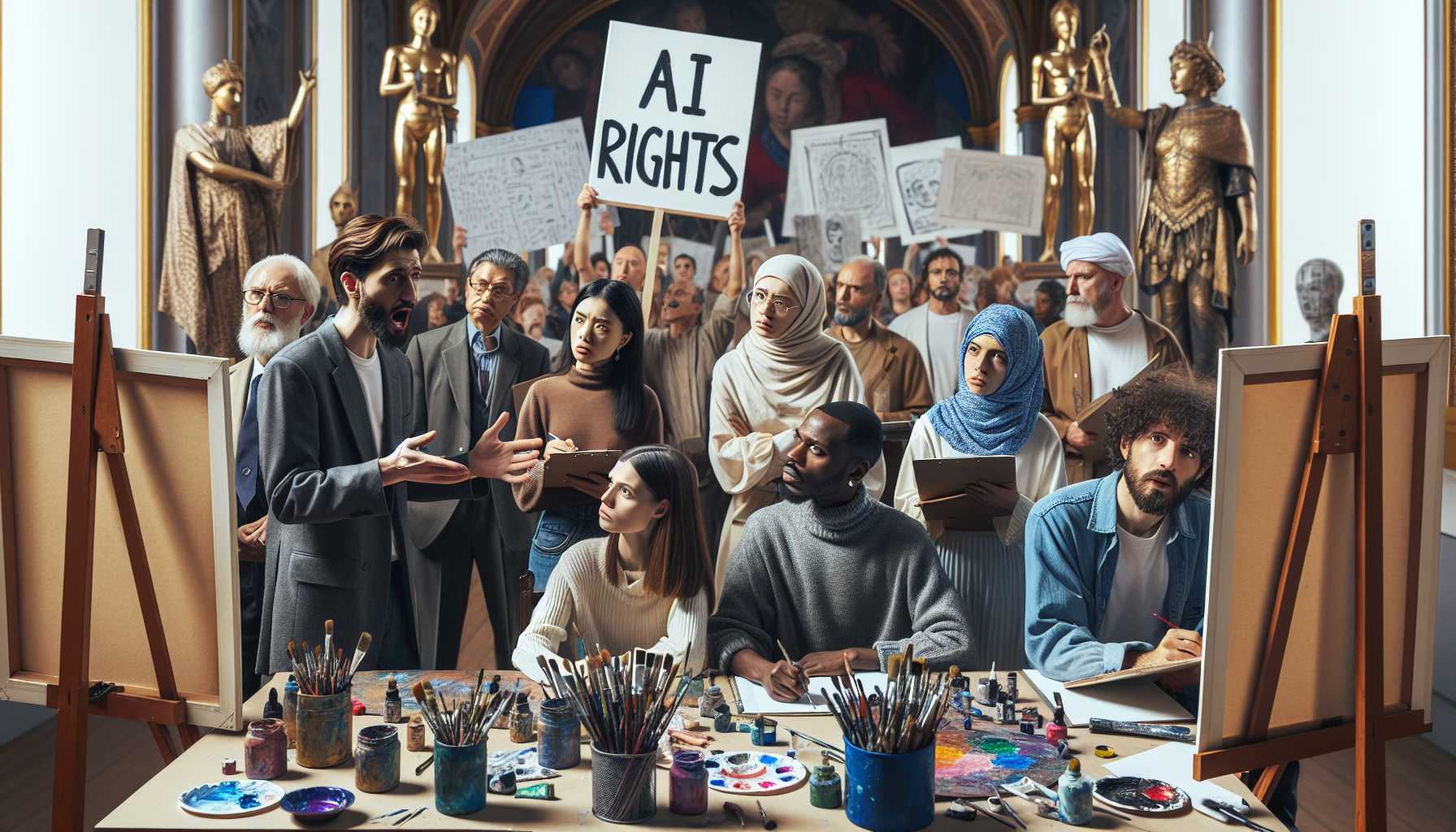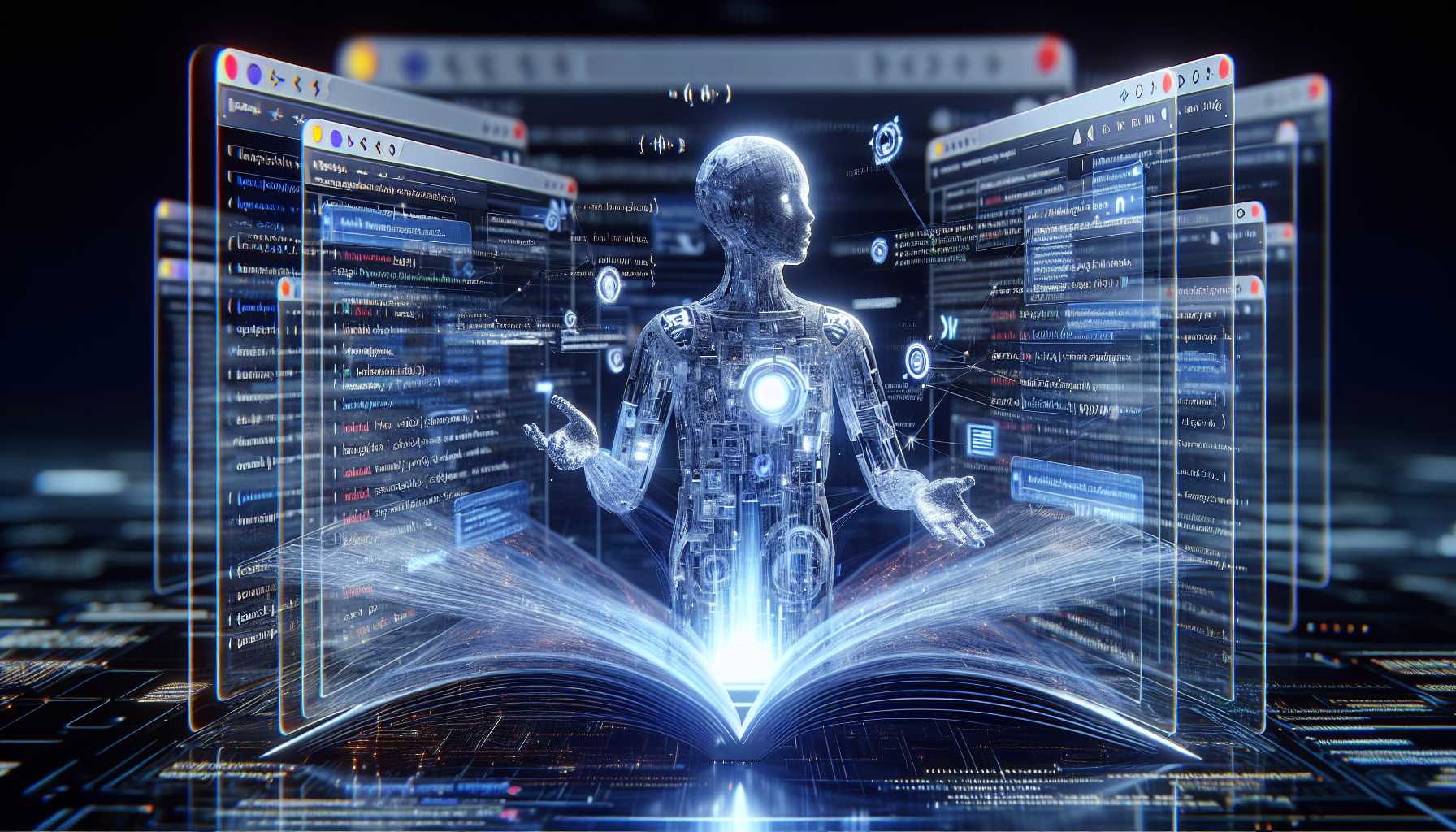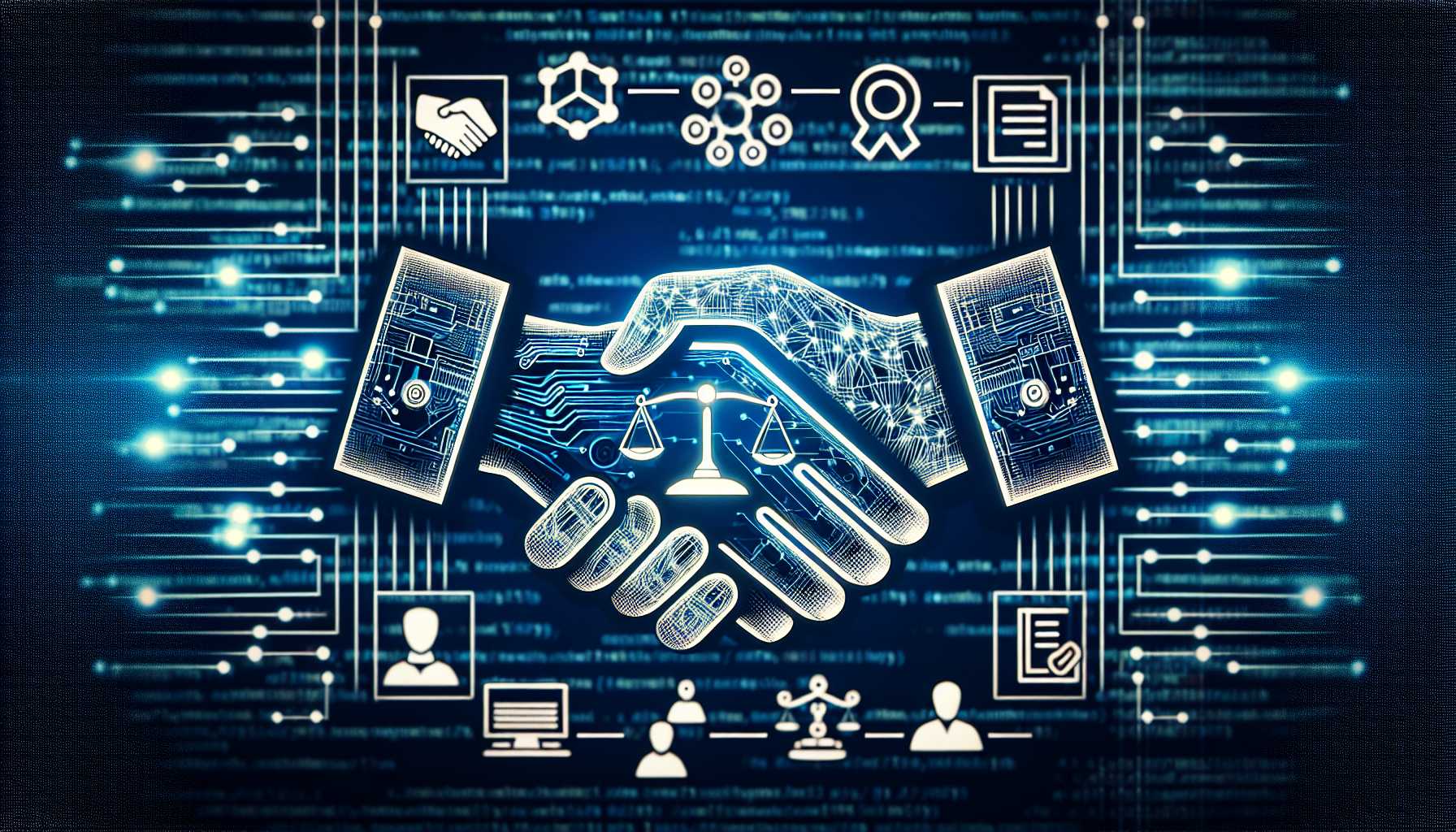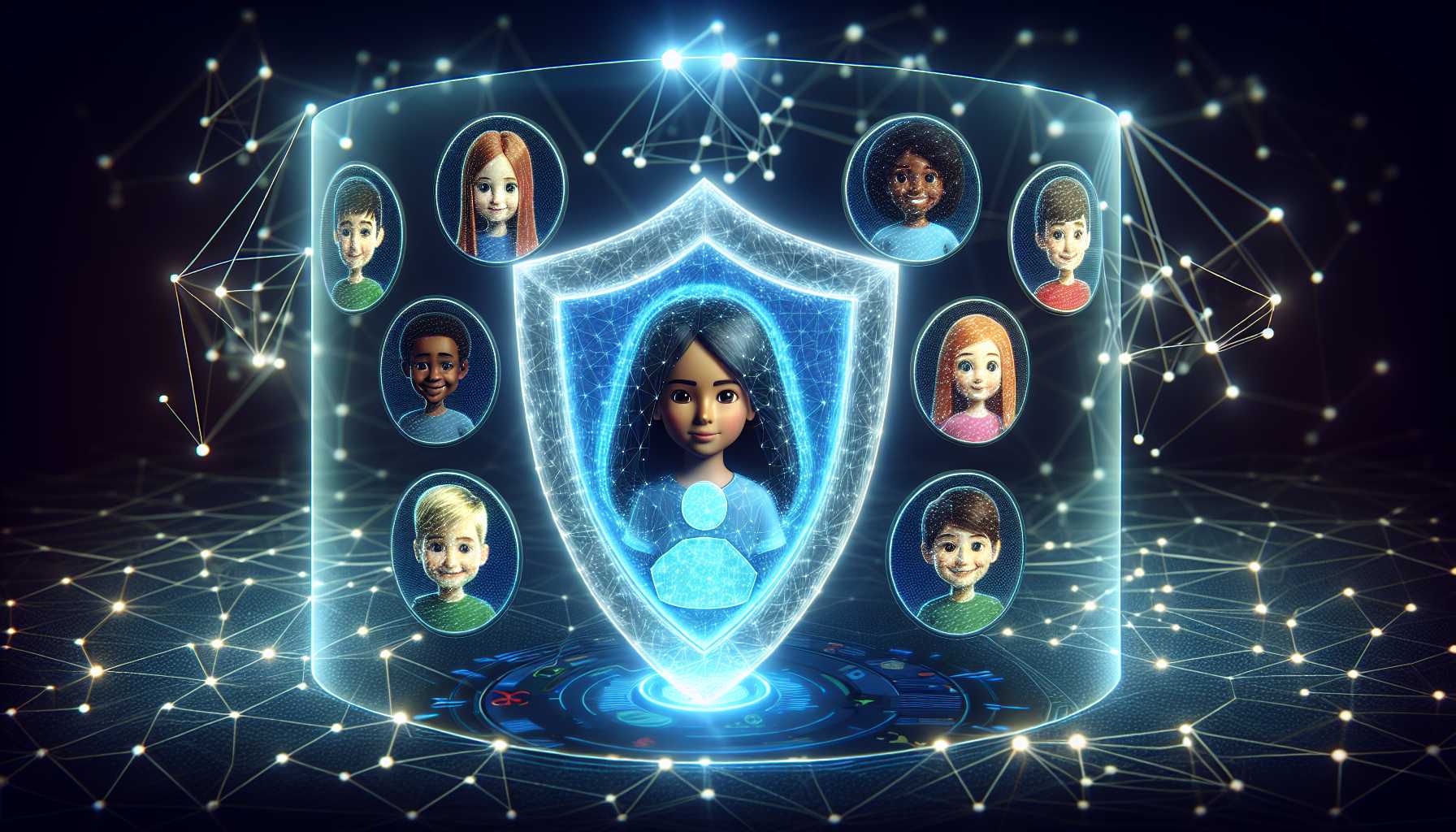Setting a New Standard for Content Management in AI
The digital landscape is buzzing with the news of OpenAI’s latest initiative to introduce ‘Media Manager,’ a groundbreaking tool aiming to empower creators with control over the use of their content in AI training. As the tech industry grapples with the ethical implications of AI development, this pioneering solution is OpenAI’s gesture to meet rising concerns head-on. By 2025, content creators will have the unprecedented ability to directly communicate their preferences for the inclusion or exclusion of their work in machine learning research, potentially setting industry-wide standards and reshaping creator compensation models.
Beyond Fair Use: The Debate Intensifies
Not everyone sees eye-to-eye on the principles of fair use, especially when it comes to leveraging copyrighted material for AI advancements. The legal framework that’s been under scrutiny provides some leeway for transformative usage, but the line between innovation and infringement is increasingly blurred. OpenAI has boldly admitted the challenge of building effective AI without copyrighted content, yet now seems more than ever committed to walking the tightrope between innovative freedom and creators’ rights.
Artists’ Voices: Are They Being Heard?
Despite OpenAI’s strides with the Media Manager and previous opt-out features, the creative community’s unrest can’t be ignored. The murmur within artist circles suggests dissatisfaction with what is perceived as a cumbersome opt-out process for images and discontent with modest licensing compensation. The commitment to expand control over their works is a positive step, but creators are watching closely to ensure their voices translate into tangible changes.
Lucid Bots: Reimagining Workplace Safety with AI
Lucid Bots is making waves in the tech industry by tackling the often overlooked issue of cleaning in hazardous environments. Their robot-driven cleaning solutions are redefining ‘dirty jobs,’ offering safer alternatives for maintenance work on facades and flat surfaces with their Sherpa line of drones and the Lavo Bot pressure-washing robot. These intelligent robots are not battling for airspace in already crowded drone segments; instead, they’re carving out a new niche by pushing the boundaries of front-tech technology in traditional industries. With the backing of a robust Series A funding, Lucid Bots is poised to accelerate the evolution of autonomous robotics, focusing on practical, mission-driven innovation.
ChatGPT: Bridging the Information Gap
OpenAI’s ChatGPT is flipping the script, possibly challenging Google’s longstanding reign in the search domain. With developments enabling ChatGPT to retrieve and reference web information, this AI makes a compelling pitch as the next-gen search tool. This experimental search feature promises a more dynamic, contextual, and referential approach to answering queries, which could reshape the way we seek information online—though its true impact remains to be seen.
AI Evolution Driven by Ethical Content Acquisition
As OpenAI steers towards a more conscientious approach to sourcing training materials, its partnership with Dotdash Meredith emerges as a leap in the right direction. This cooperation showcases a business model where AI platforms compensate and appropriately attribute publishers, potentially setting a new industry benchmark for the ethical development of AI.
Online Safety: A New Frontier for Tech Firms
Across the pond, the UK’s Ofcom is ushering in a new era for children’s online safety, prompting tech firms to significantly ramp up their commitment to protecting youth online. The sweeping changes outlined in the Children’s Safety Codes of Practice elevate the standards for age assurance and aim to thwart exposure to harmful content. This move by Ofcom signifies a broader global trend toward tighter regulation and corporate responsibility for digital well-being.
After unpacking the latest advances and controversies within the tech landscape, it’s clear that the industry’s pioneers are at a crossroads between innovation and ethics. As OpenAI crafts tools like Media Manager to strike a balance between creative rights and AI capability, Lucid Bots engineers safer, more intelligent robots. Meanwhile, the evolving sophistication of search capabilities in ChatGPT and the UK’s commitment to online safety underscore the deepening interweave between technology development and societal impact. Together, these stories reflect an industry on the verge of sweeping transformations that will ultimately shape future technological trajectories and redefine our interactions with the digital world.







